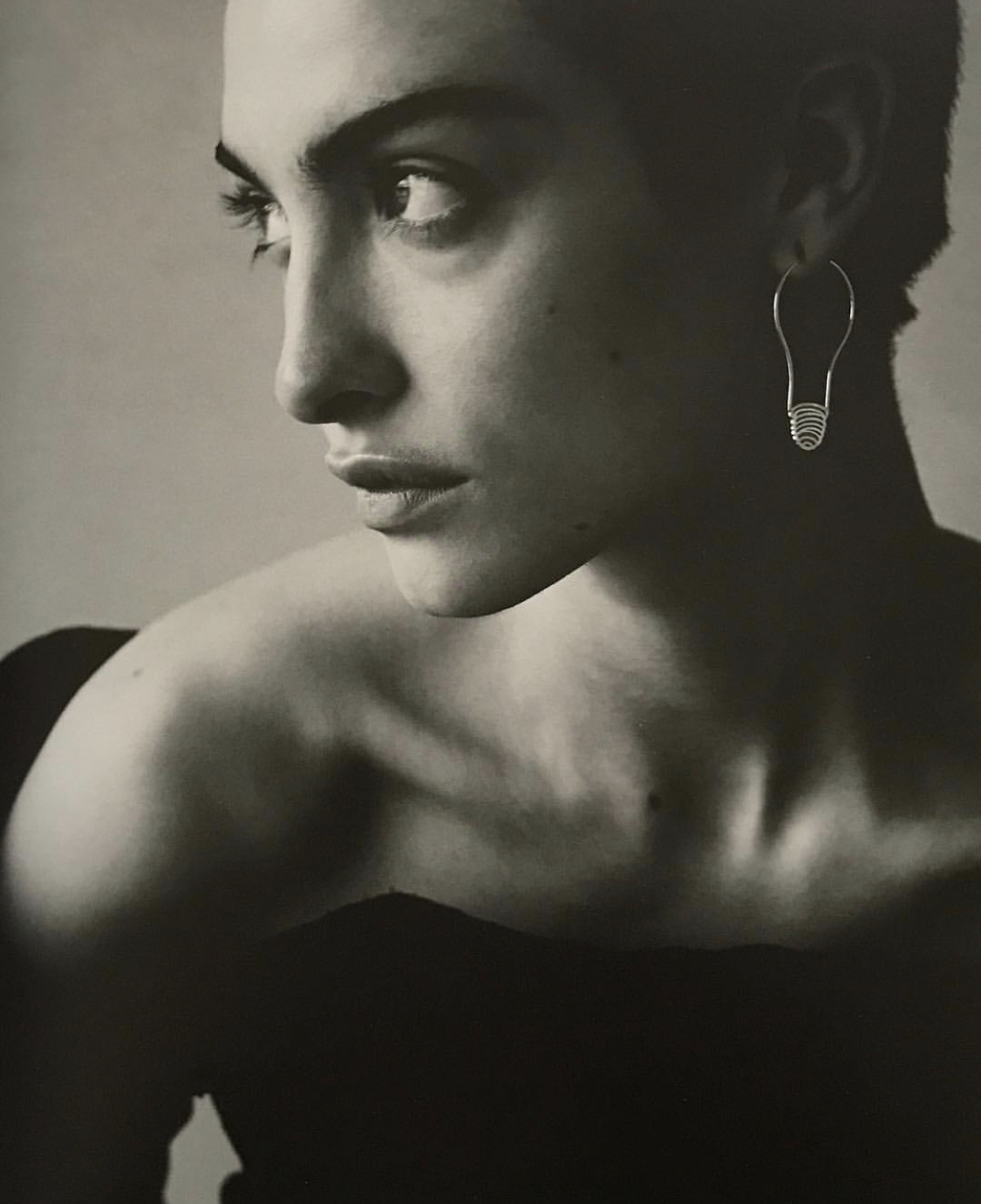This article originally appeared on i-D Germany
Toxic relationships: we’ve all heard about them, and about half of us have actually been in one at some point in our lives. Lera Abova is part of that statistic. Here the 25-year-old model shares her experiences.
“I’ve always been a special child, with an energy and emotions that are difficult to control. It only ever takes one wrong word or a slight lack of attention to get me from love to hate. Growing up, my family understood that and knew how to manage it but the people you meet later in life are often not as understanding – and why should they be? Why would anyone put up with your hurtful behavior?
I can be a domestic tyrant. On bad days, I make the mistake of taking my frustrations out on the people I love and feel comfortable around. I guess, in a way, I want them to feel just as bad as I do – so that they can understand how I feel. I could start listing all the diagnoses I’ve gotten from different doctors throughout my life but I don’t think it’s necessary. I hope people will understand what this entry is about.

Things get really bad when it comes to romantic relationships. These always start off gloriously, but eventually that intensity begins to take on a negative form. When you are struggling with mental health issues, you can attract people who have a certain depth and can be as troubled as you are. You may even think that happens because these are the only kind of people who understand you enough, to not write you off at the first signs of instability.
The problem with toxic relationships is that both partners need support. In my experience, they often result in competition over who is feeling worse. I used to think that this is what true love feels like, but the older I get the more I understand that true love has nothing to do with psychological violence. I had to figure out for myself that my partner is not my means to a happy end. I am the only one responsible for my mental health. I wasted three years of my life blaming everybody around me for my mental state and I hope to never allow myself to make the same mistake again.
I believe in karma, and that allows me to observe my own behavior from a different perspective. Much of what is done to me, I have done to others before. Not only can I see my own mistakes but I can also really understand them.
I have the ability to hate this world and myself very much, but I also have the capacity to love — life, the world and myself. I know that I can be toxic, but the last thing I need is someone that puts me in a box and tells me it’s all in my head. Every person has their own reasons for why they feel bad.

My emotional instability has never had a negative impact on my work. I’m fortunate enough to have been able to work with many great, creative people. But love fascinates me and so does anything extreme. At the end of the day I would never want to swap my mind for someone else’s, because my own energy, and ability to love, and feel, is special. No one can take that away from me.
People have gotten used to having someone else solve their problems. In America, one in eight of us are prescribed antidepressants, and the number is nearly twice that for women. As soon as we are confronted with stress or heartache, we rush to the doctor to pump ourselves with antidepressants or sleeping pills. We abuse medicine until we can no longer live without it — a quarter of people who take antidepressants have been doing so for 10 years or more. We swallow whatever they can just so that they can function again. I, however, have never taken antidepressants. They might anesthetize your problems, but it won’t create harmony between our minds and bodies. The more doctors you ask the more diagnoses you’ll get until you feel like a real freak.
Learn to control what you say during panic attacks and fits of rage. As banal as it may sound, you can’t take back words and you will hurt people you love. Do not let your aggression out on your fellow human beings.
I wish we all had the right people around us at the right time.”
If you — or someone you know — is in emotional distress and needs help, you can call 1-877-726-4727 for information on mental health services in your area. If it’s a crisis, ring the National Suicide Prevention Lifeline on 1-800-273-8255. Trained crisis workers are available to help 24 hours a day, seven days a week. Get help — you’re not alone.
